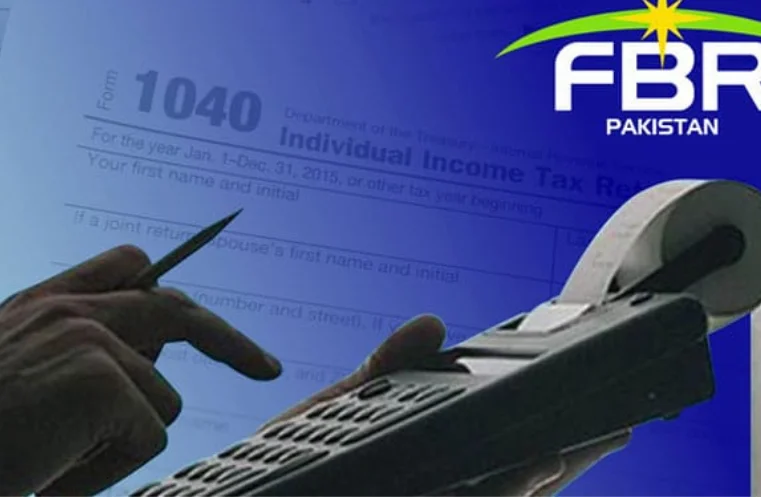Islamabad, Jan 30: The Federal Board of Revenue (FBR) has recently issued show-cause notices to salaried individuals, compelling them to meet revenue targets. These notices demand proof of tax deductions, a responsibility typically handled by employers
. This approach has sparked criticism, with experts highlighting that it lacks legal foundation and contradicts established tax laws.
Tax regulations consider a tax return as self-assessment and allow challenges only through an audit if a clear mistake is found.
Legal professionals argue that under Section 161 of the Income Tax Ordinance, the employer, not the employee, should address any failure in tax deduction.
This means that if an employer fails to withhold the correct tax amount, they should face legal proceedings, not the salaried worker. Despite this, the FBR is directing recovery notices towards individuals, bypassing employer accountability, and putting undue pressure on taxpayers.
Tax experts have condemned the FBR’s actions, labeling them as a coercive tactic that erodes trust in the tax system.
Read More:
NADRA CNIC, B-Form Fee Structure for January 2025
The FBR’s decision to hold employees accountable for employer mistakes is causing unnecessary stress among taxpayers and undermining the effectiveness of the tax administration.
Furthermore, experts caution that these blanket recovery notices will damage the FBR’s credibility and lead to greater frustration within the taxpayer community.
Taxpayers are rightfully concerned that such actions could discourage future compliance, as individuals may feel unjustly penalized for circumstances beyond their control.
In light of these concerns, experts are calling on the FBR to reassess its approach. They urge the tax body to withdraw these notices and focus on holding employers accountable for any tax discrepancies. By doing so, the FBR could restore taxpayer confidence, ensure fairness, and contribute to a more efficient tax system. It is crucial for the FBR to adopt a more balanced and transparent approach to enforcement to avoid further alienating taxpayers and to foster a culture of compliance.
